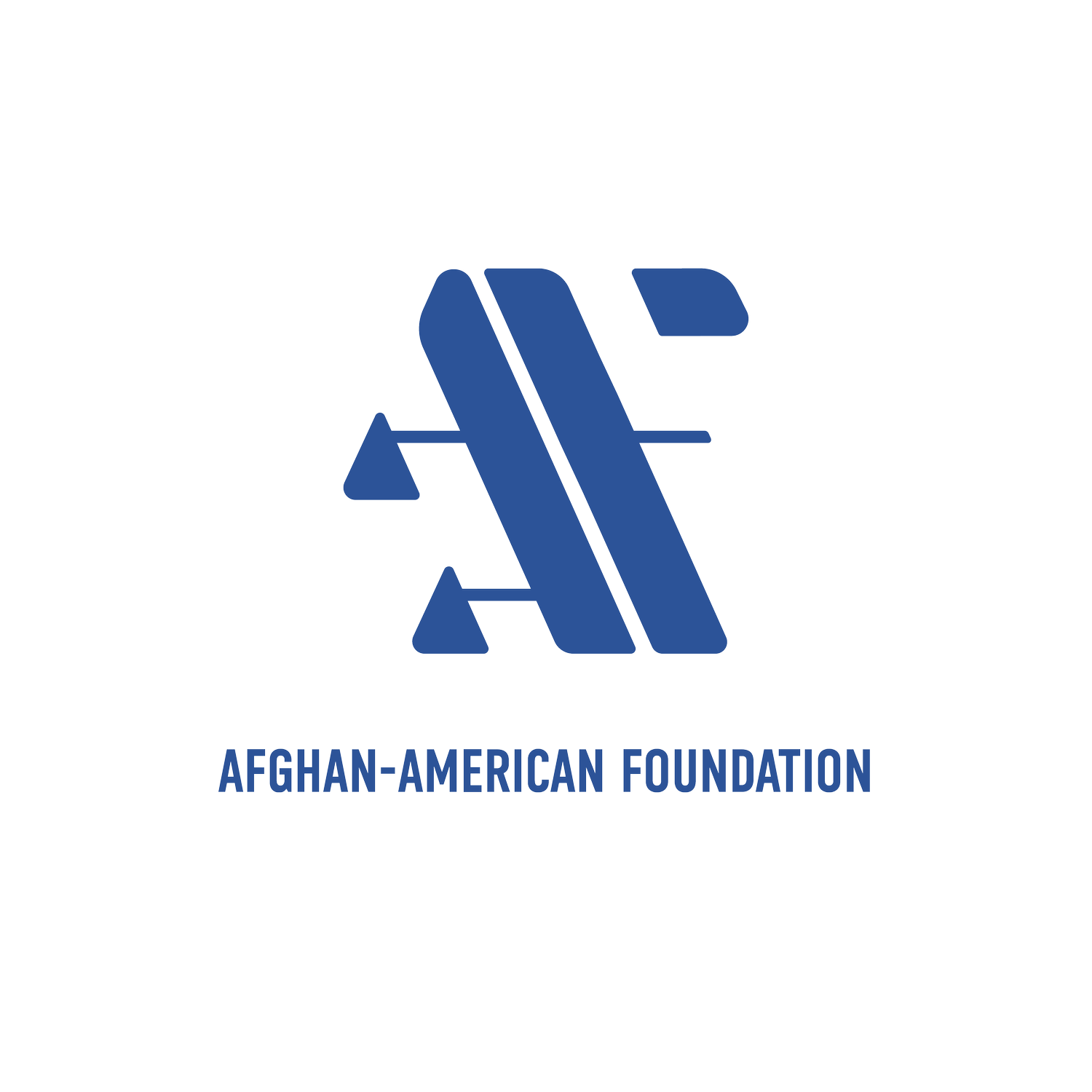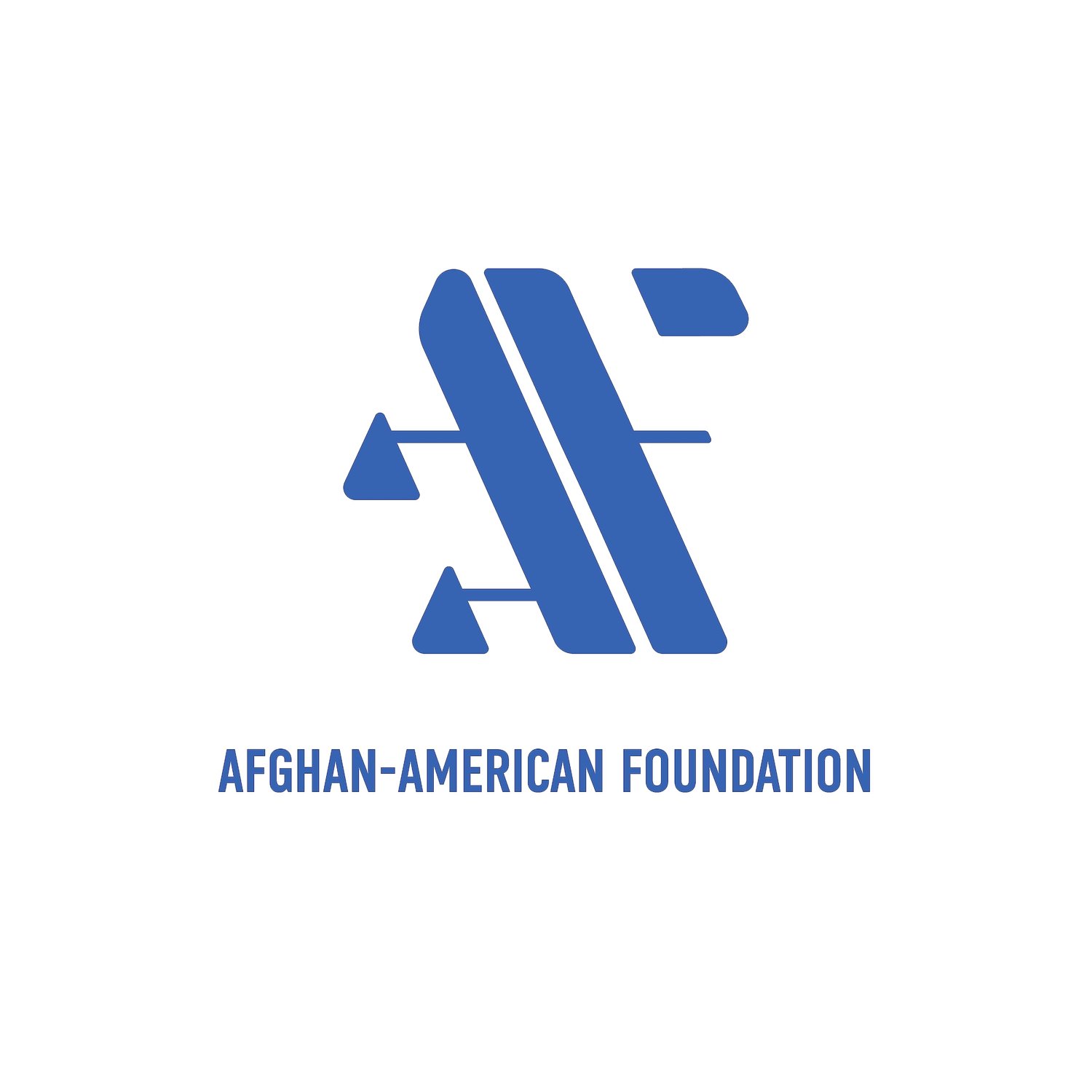FOR IMMEDIATE RELEASE
August 31, 2022
PRESS CONTACT
Joseph Azam | joseph@afghanamericans.org
AAF Marks the One Year Anniversary of the U.S. Withdrawal From Afghanistan
(Washington, DC) – A year ago today, Gen. Kenneth McKenzie Jr. announced the completion of the United States’ withdrawal from Afghanistan and the end of its military mission there to evacuate American citizens, third country nationals, and vulnerable Afghans.
As we mark that dark day and the Taliban takeover of Afghanistan weeks earlier, we reflect on the impact of the United States’ military and civilian withdrawal has had on the Afghan people.
Since August 15, 2021, the people of Afghanistan have suffered tremendous losses. American intervention in Afghanistan came at a steep cost and with many well-documented failures. That said, U.S. and international engagement in Afghanistan also allowed for economic and civic growth including the rise of entrepreneurship and facilitation of international trade, expanded education opportunities for all but especially Afghan girls and women, and the flourishing of a civil society that continuously worked to hold its government accountable.
Afghanistan’s nascent democracy, fragile as it was, offered the people of Afghanistan the hope of having their will reflected in the administration and trajectory of their country. With the violent takeover of the country by the Taliban that hope is now gone. For the last year, the lives of Afghans in Afghanistan have been ruled by an organization that has shown itself as unable to govern and one committed to operating as a militant group, with some of its leaders still on the U.S. government’s most wanted list.
Currently, Afghanistan’s economy continues to spiral downwards, unemployment is at unprecedented levels, profound levels of food insecurity persist, and tens of thousands of Afghans seek to flee the country daily in search of freedom and security. The humanitarian and economic crises, fueled by man-made and natural disasters, worsen by the day.
The 2020 Doha agreement between the United States and the Taliban may have ended a war but it did not bring peace to the people of Afghanistan. To the contrary, in the last year Afghanistan has seen targeted killings of Afghan thought leaders, former government officials and civil servants, and members of minority ethnic and faith groups — groups the Taliban is unwilling and unable to keep safe.
The recent drone strikes killing Ayman al-Zawahiri in one of Kabul’s most secure and affluent neighborhoods and the presence of terrorist elements elsewhere in Afghanistan serve proof that Afghanistan is once again becoming a haven for imported violent extremists. History has shown that it is unlikely that these groups will remain contained within Afghanistan’s borders, and we know from decades of experience that it will be Afghan people — innocent civilians — who will pay the heaviest price whenever outside actors, including the U.S., choose to intervene to protect their own interests and security.
Displaced Afghans, among them physicians, students, artists, journalists, and civil society leaders, continue to grieve for their homeland as they take steps to heal individually and collectively. We stand with them and honor their resilience and courage on this difficult anniversary.
Every August to come will serve as a somber reminder of the international community’s collective failure in Afghanistan. We encourage the international community and specifically the Biden Administration to find ways to remain engaged with the people of Afghanistan, who saw their hard-earned freedoms replaced by severe limitations on their on movement, speech, faith, and dignity overnight.
The U.S. and the rest of the international community must hold the Taliban accountable to the pledges they made in the Doha agreement and work collectively to find ways to give Afghans some semblance of peace and ensure their basic human rights.
We refuse to believe that it is the forever fate of the Afghan people to suffer from conflict and oppression. Let us not forget that the gains Afghanistan made in the past 20 years were largely made possible by the Afghan people themselves and those people remain eager to construct a safer, more prosperous homeland for generations of Afghans to come.
“The Afghan people have been America’s staunchest allies during some of its most vulnerable moments. The U.S. must honor their decades of friendship, courage and sacrifice by reciprocating that commitment in this hour of great need for Afghans in Afghanistan, those evacuated to the U.S. and the many more who, a year later, are still stuck somewhere in between,” said Joseph Azam, Board Chair of the Afghan-American Foundation.
The Afghan-American Foundation is a national 501(c)(3) non-profit organization representing and advancing the interests of Afghans and Afghan-Americans through advocacy, research, education and engagement.
www.afghanamericans.org
###

